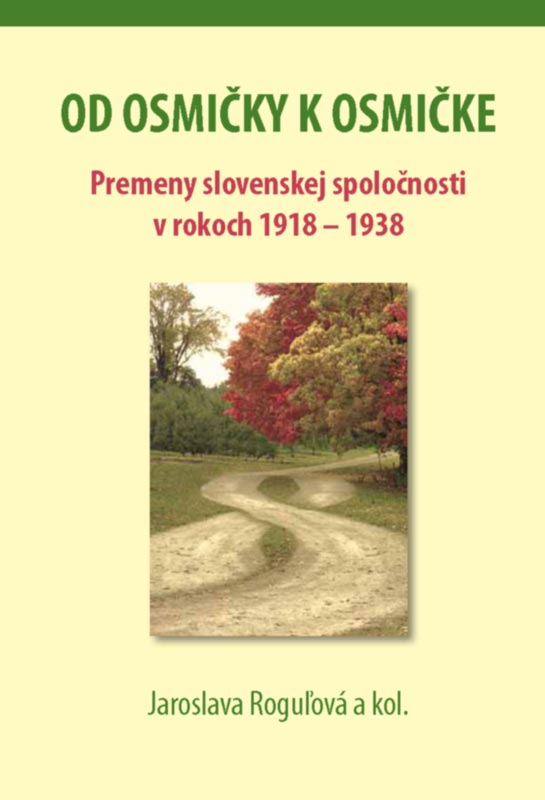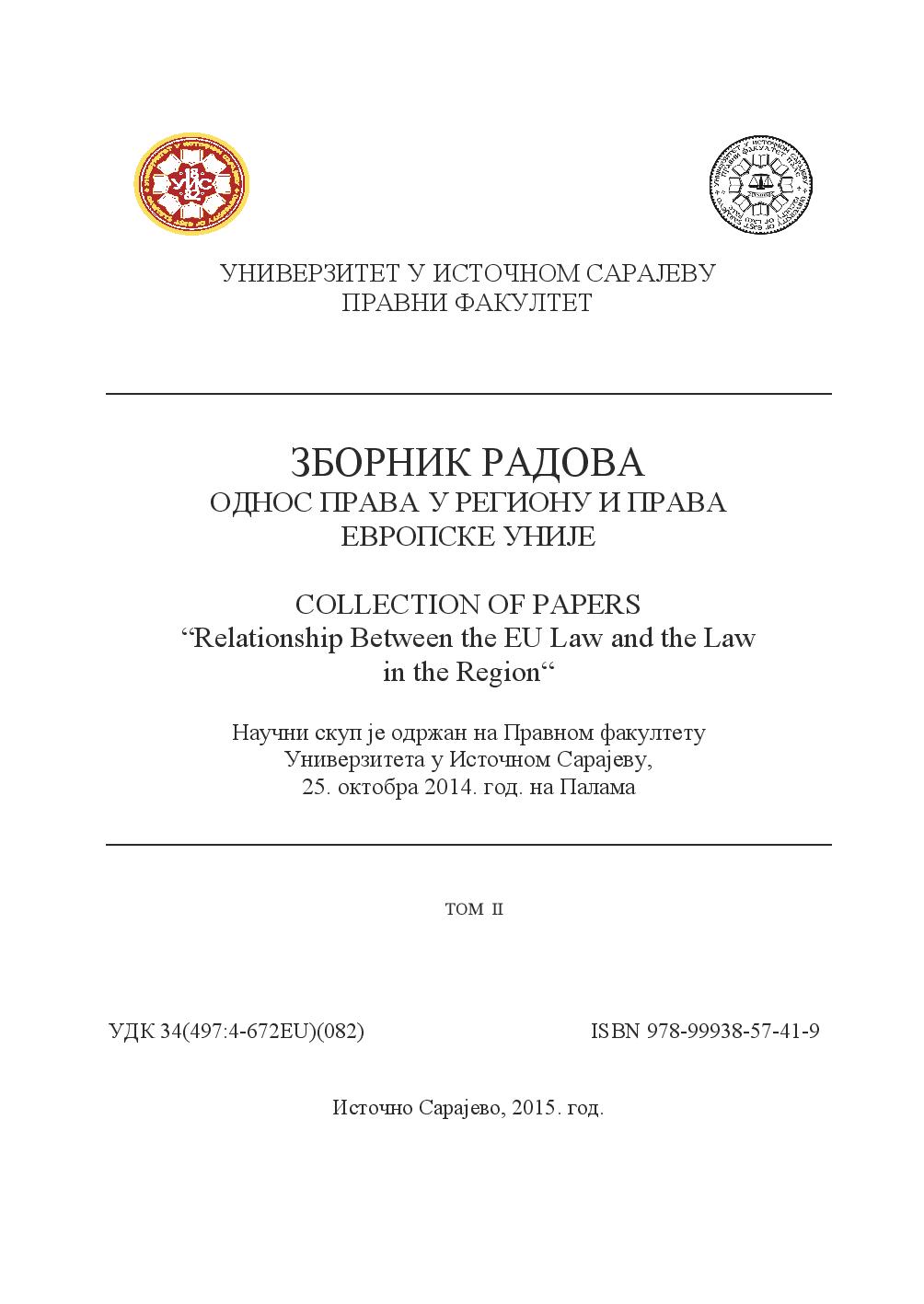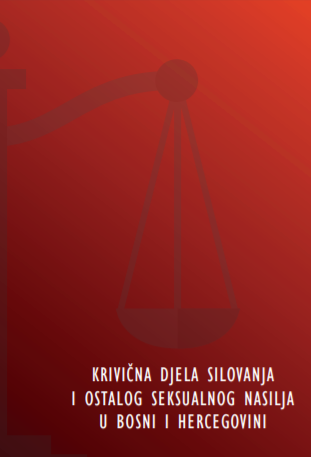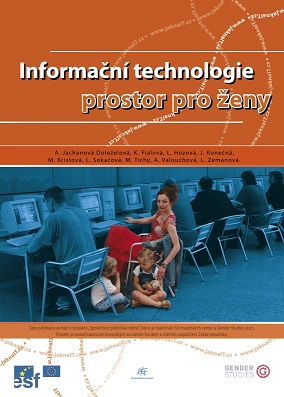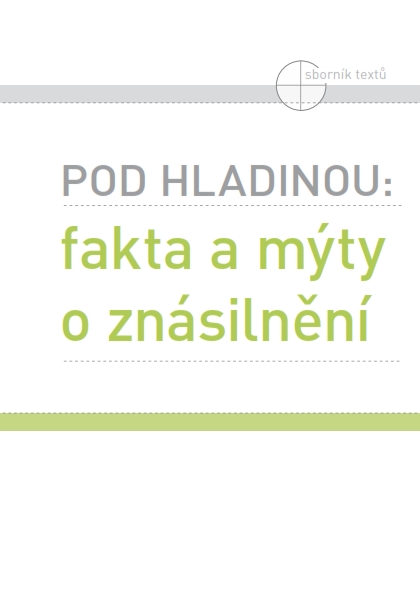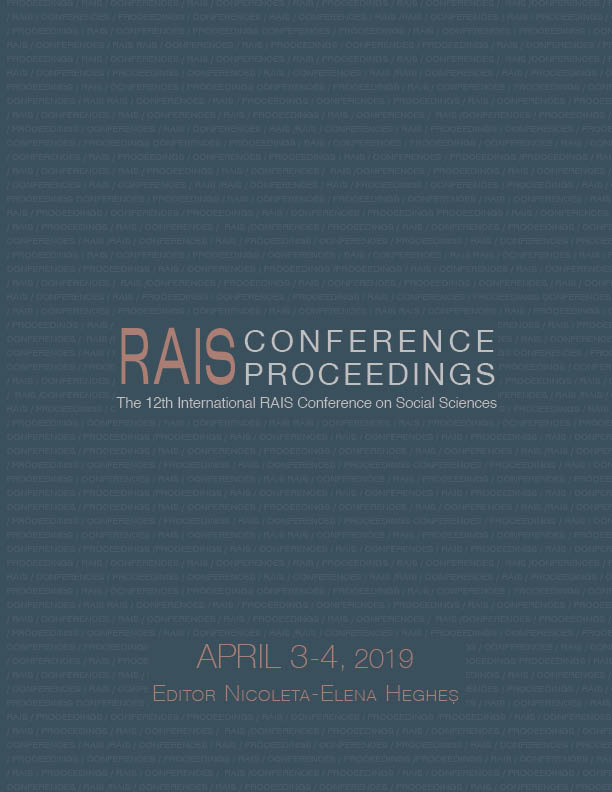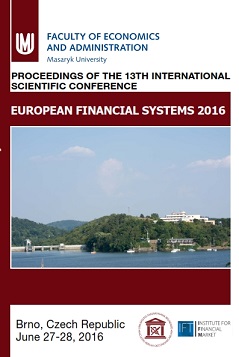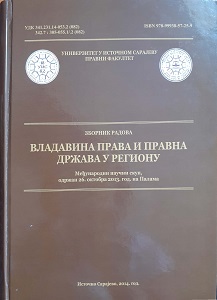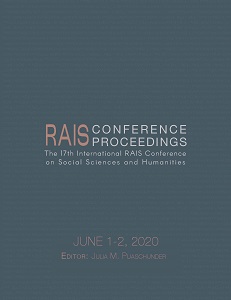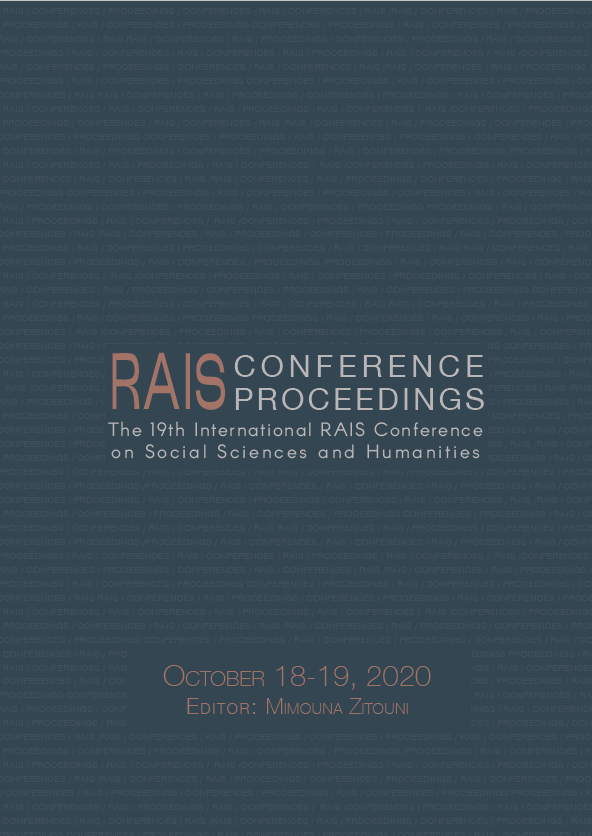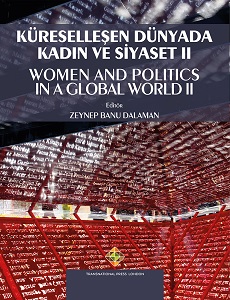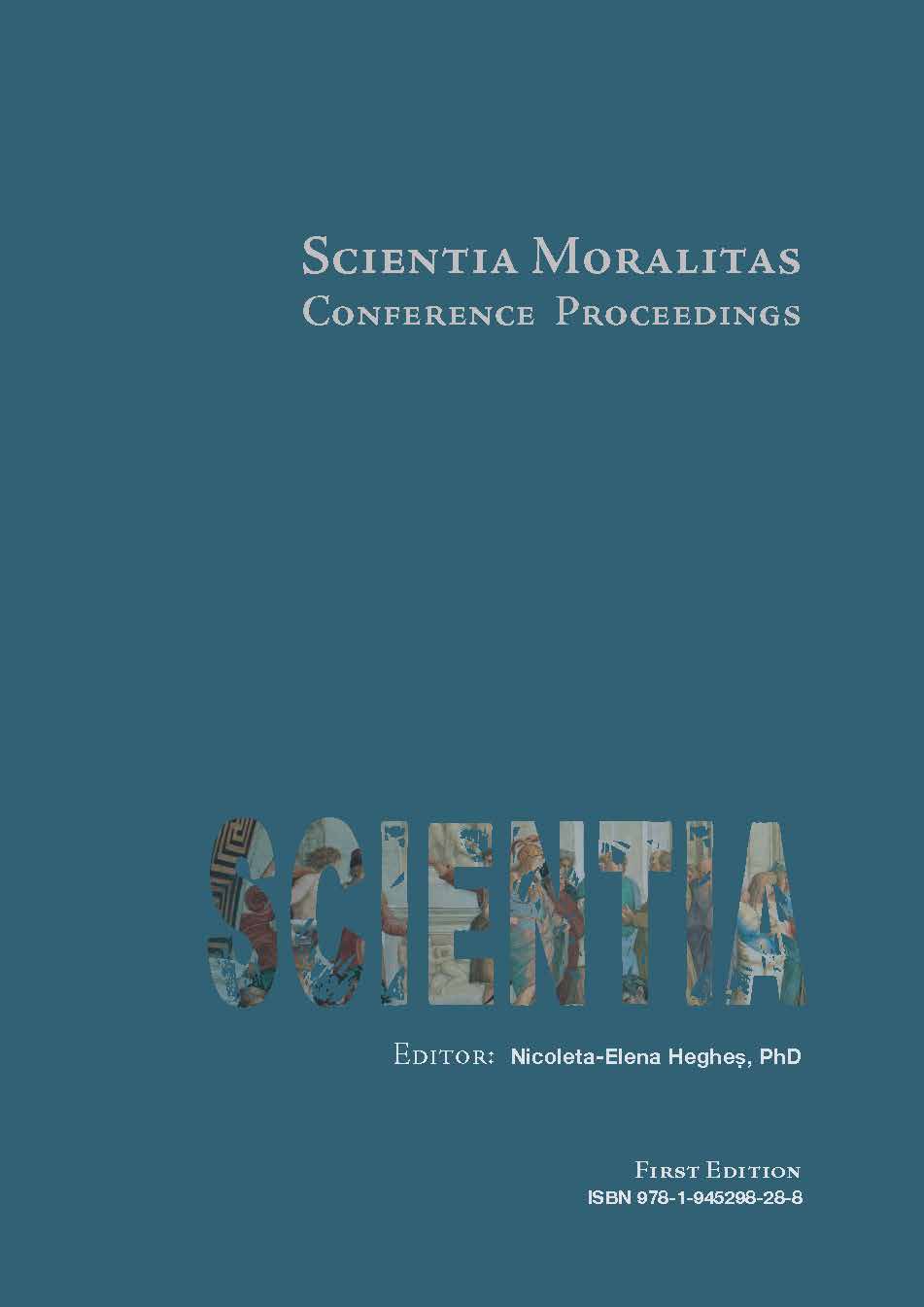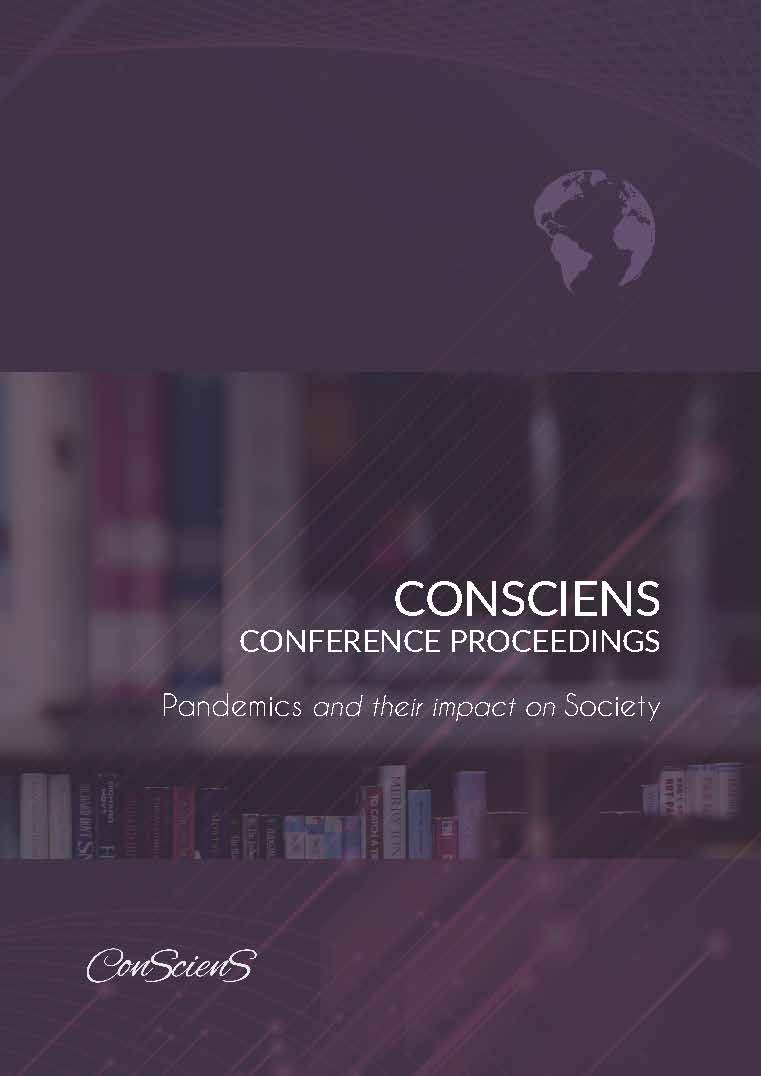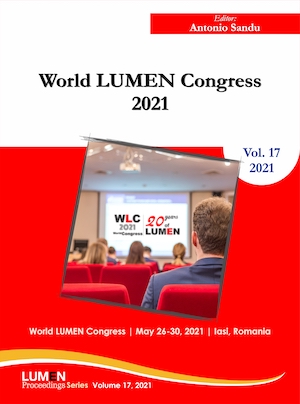Author(s): Mile Šikman / Language(s): Serbian
Publication Year: 0
The European Union has faced the problem of organized crime since its creation in the 1990’s (The Maastricht Treaty) and it has become an ever increasing threat to the security of Member States, and thus affects European Union's activities and policies. As the risk from organized crime had become greater, the Member States developed a stronger response to organized crime. The integrated approach guiding the action of the European Union extends from prevention to law enforcement, including cooperation of Member States, especially the law enforcement agencies, the exchange of information,cooperation between joint work groups, etc. The legal framework of the European Union against organized crime plays the most important role.In addition, the European Union is a pioneer in developing an all-inclusive criminal justice response to organized crime, and through its instruments has to a great extent contributed to the global fight against organized crime. In that sense many standards and policies have been adopted, in particular with the aim of harmonizing the international framework and legal regulations of Member States in the fight against organized crime. The basic instruments of the European Union that deal with the problem of combating organized crime will be presented in the paper, including The Stockholm Programme(2010) and The Action Plan (2010-2014), The Framework Decision of the European Union on the Fight Against Organized Crime (2008) and other decisions (2002, 2003, 2005, 2006, 2007, 2008, 2009), as well as strategies(2000, 2003, 2005, 2010), joint action (1996, 1998), action plans (1997,2000), conventions (1995, 2009), resolutions (1996, 1998) and EU communications(2000, 2004, 2005, 2007).
More...
